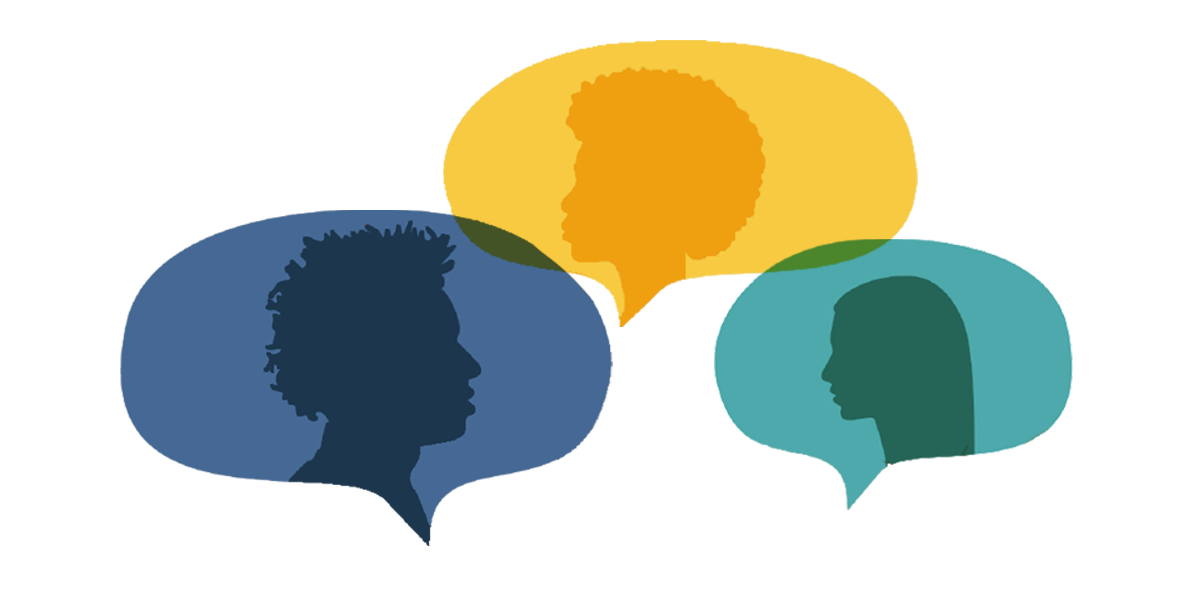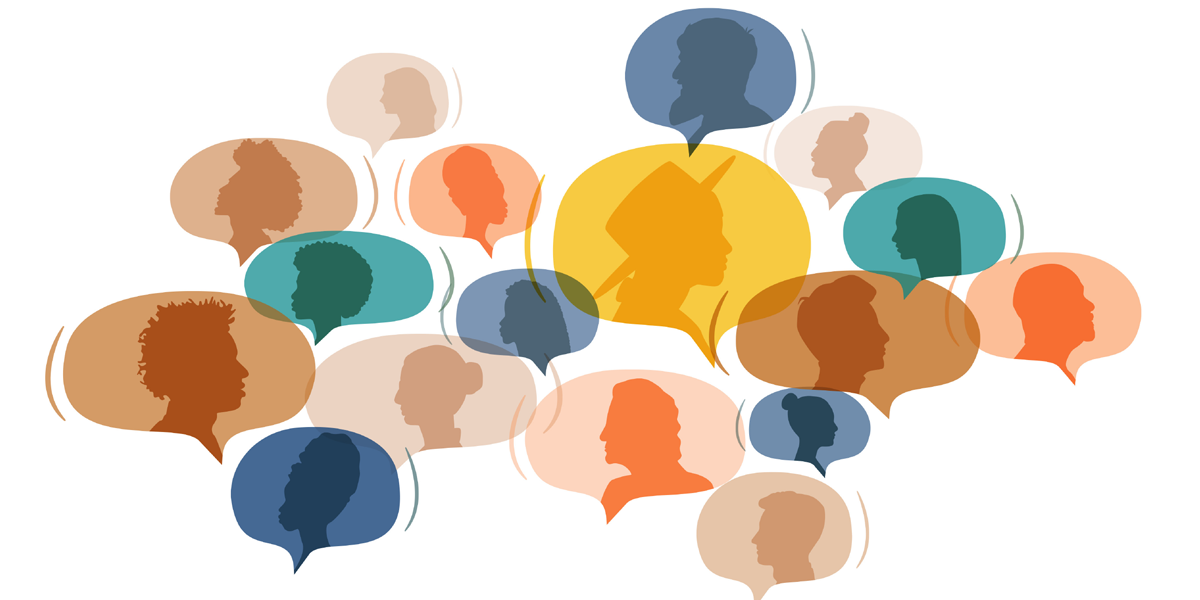Understanding and Supporting the Whole Student
A National Science Foundation S-STEM Hub
Project Goals

The Understanding and Supporting the Whole Student National Science Foundation S-STEM-NET Hub will contribute to the national need for well-educated scientists, technicians, engineers, and mathematicians by creating a better understanding of how postsecondary institutions and state agencies across multiple sectors (education, workforce, housing, health, and human services) can support domestic low-income STEM college students to achieve their goals. Over five years (April 2024 to March 2029), Education Northwest is partnering with Washington state to provide new and actionable information about how publicly funded housing, health, and human services programming can address students’ needs and model how other states can think about using data to improve STEM success for low-income students.
Anchored by Two Large-scale Research Studies
Research Study 1
S-STEM Hub partners are working to link individual-record data from the Washington State Education Research and Data Center (ERDC), home to a statewide longitudinal data system including data from the early learning, K–12, postsecondary, and workforce sectors, and the Washington State Department of Social and Health Services (DSHS), the state agency that delivers a variety of social services and public benefits programs. Using linked data, this research project will address key questions to better understand who accesses need-based financial aid and publicly funded benefits programs and how these programs support low-income students to access and succeed in STEM postsecondary and workforce pathways.
Research Study 2
The Hub is partnering with two Washington community and technical colleges on an experimental study to investigate whether providing multi-modal outreach and evidence-based messaging that encourages use of campus basic needs support, financial aid, and public benefits leads to greater use of those supports and academic outcomes overall and in STEM fields. The pre-registered scientific plan can be found at Open Science Framework
To prepare for the study, we partnered with the Washington Student Achievement Council (WSAC), the state agency in charge of strategic planning, oversight, and advocacy of the public postsecondary institutions and the administration of state financial aid and college access programs, to learn lessons from their Public Benefits Promotion Pilot program. To help us develop the intervention for the experimental study, we collected data on how institutions implemented targeted outreach during that pilot, the challenges practitioners experienced, and how students responded to various messaging and outreach.
Based on learnings from the pilot, we developed a toolkit for enhancing outreach to increase college students' use of basic needs services and a brief about lessons learned from the pilot, which are available on the WSAC website.
-
Key Lessons from Washington State’s Benefits Promotion Pilot
A Toolkit for Increasing College Students’ Use of Basic Needs Services
Hub Team and Partners
The team consists of postsecondary success researchers at Education Northwest as well as co-principal investigators Sara Goldrick-Rab (Education Northwest fellow and scholar-activist leader) and Christine Baker-Smith (Director of Research for the National League of Cities).
The Hub will bring together stakeholders across sectors to move from data to action, changing how practitioners and policymakers think about expanding supports for low-income students to improve their STEM enrollment and completion. The Hub partners and collaborators include:
- Washington state agencies: ERDC, DSHS, the Washington State Board for Community and Technical Colleges, and the Washington Student Achievement Council
- An advisory team of experts in STEM and basic needs support, including Daniel Oliver (Washington Student Achievement Council), Kendrick Hang (State Board for Community and Technical Colleges), Erin Carll (University of Washington), David R. Brown (Nine Twenty-Four Strategies), Ruthe Farmer (Last Mile Education Fund), Vistasp Karbhari (University of Texas-Arlington), Winner Khaney (student at Highline College), and Kelsey Cooper (student at Spokane Falls Community College).
- Higher Ed Insight, our external evaluator


